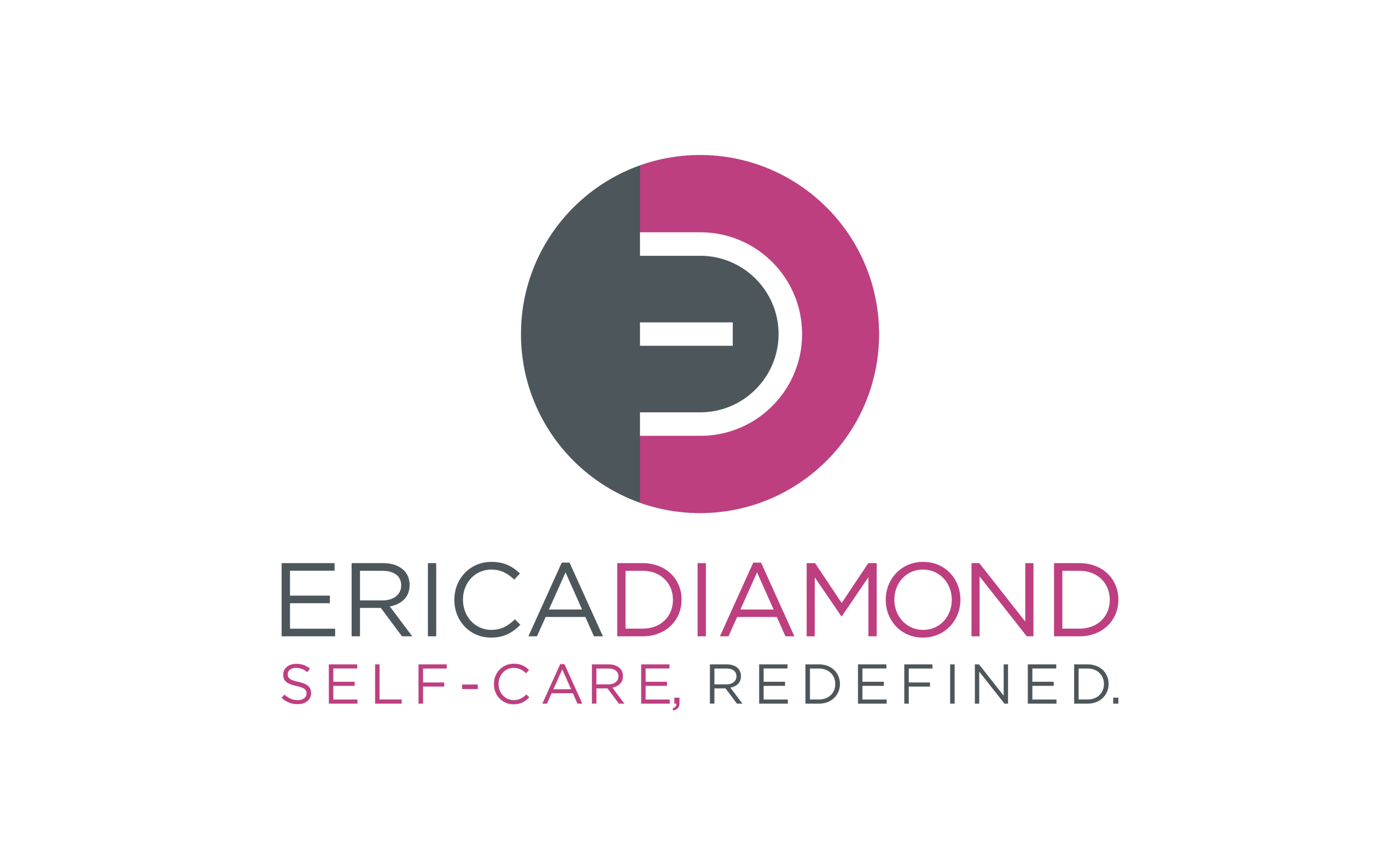
Happy #WorldMeditationDay!
Alright, let’s get to it.
I am sharing a lot of information with you today, but my hopes are that you absorb some of it. It is about the effects of stress, and the benefits of meditation. So, enjoy this mini course. 😉
Firstly, “With our thoughts, we make our world.” We’ve heard this, but it is fact. We think positive thoughts– our world becomes sunny. We inhale negativity– the world we live in becomes dark.
Meditation can help with the thoughts we have.
Let’s get right to the research.
Health Benefits of Meditation
The next time you tune out and switch off and let yourself melt, remind yourself of all the good work the relaxation effect is doing on your body. These are just some of the scientifically proven benefits:
1. INCREASED IMMUNITY
Relaxation appears to boost immunity in recovering cancer patients. A study at the Ohio State University found that progressive muscular relaxation, when practiced daily, reduced the risk of breast cancer recurrence. In another study at Ohio State, a month of relaxation exercises boosted natural killer cells in the elderly, giving them a greater resistance to tumor’s and to viruses.
2. EMOTIONAL BALANCE
Emotional balance means to be free of all the neurotic behavior that results from the existence of a tortured and traumatized ego. This is very hard to achieve fully, but meditation certainly is the way to cure such neurosis and unhealthy emotional states. As one’s consciousness is cleansed of emotionally soaked memories, not only does great freedom abound, but also great balance. As one’s responses then are not colored by the burdens one carries, but are instead true, direct and appropriate.
3. INCREASED FERTILITY
A study at the University of Western Australia found that women are more likely to conceive during periods when they are relaxed rather than stressed. A study at Trakya University, in Turkey, also found that stress reduces sperm count and motility, suggesting relaxation may also boost male fertility.
4. RELIEVES IRRITABLE BOWEL SYNDROME
When patients suffering from irritable bowel syndrome began practicing a relaxation meditation twice daily, their symptoms of bloating, diarrhea and constipation improved significantly. The meditation was so effective the researchers at the State University of New York recommended it as an effective treatment.
5. LOWERS BLOOD PRESSURE
A study at Harvard Medical School found that meditation lowered blood pressure by making the body less responsive to stress hormones, in a similar way to blood pressure-lowering medication. Meanwhile a British Medical Journal report found that patients trained how to relax had significantly lower blood pressure.
6. ANTI-INFLAMATORY
Stress leads to inflammation, a state linked to heart disease, arthritis, asthma and skin conditions such as psoriasis, say researchers at Emory University in the US. Relaxation can help prevent and treat such symptoms by switching off the stress response. In this way, one study at McGill University in Canada found that meditation clinically improved the symptoms of psoriasis.
7. CALMNESS
The simple difference between those who meditate and those who do not is that for a meditative mind the thought occurs but is witnessed, while for an ordinary mind, the thought occurs and is the boss. So in both minds, an upsetting thought can occur, but for those who meditate it is just another thought, which is seen as such and is allowed to blossom and die, while in the ordinary mind the thought instigates a storm which rages on and on. (THIS IS MY FAVORITE ONE).
Benefits of Meditation
Because practicing meditation helps us to slow our breath, quiet our mind, and take time to find peace, it can be very beneficial physically, mentally and emotionally. Meditation is now more commonly used to treat mental health disorders, addiction, and everyday stress, as well as to heal physical issues and promote better sleep.
Physical Benefits
- Stimulates our parasympathetic nervous system, or the branch of our peripheral nervous system that helps our body return to a calm, relaxed state after the threat of danger, or even daily stress, has passed. When this branch is activated our body can naturally rejuvenate, repair, and rebuild itself.
- Clears our mind for better quality sleep.
- Improves athletic performance by refining our ability to focus on a particular goal orsituation (another term for meditation used in this way is “visualization”).
- Slows down our respiration for longer, deeper breaths.
- Boosts our immune by slowing down the production of the stress hormone, cortisol.
Mental/Emotional Benefits
- Reduces anxiety and depression by enabling our body to balance its own neuron- chemical systems.
- Enables us to make better decisions and improve critical thinking.
- Breaks unhealthy habits by helping us detach the emotions associated with an actionfrom the action itself.
- Improves communication with ourselves. When we better understand our own thought processes, we have more control over what we think.
- Helps us stay in the present moment. When we let go of the past and the future, we live 100% in the now, which affects all aspects of our lives and relationships.
How Stress Damages the Brain
Stress, pressure, fatigue, poor diet, alcohol, and drugs damage neural connections between the brain’s prefrontal cortex—or “CEO”—and the rest of the brain. When you are overtired or under intense mental or physical stress, the brain bypasses its “higher,” more evolved, rational frontal executive circuits—it starts using more primitive stimulus/response pathways. Consequently, you respond to daily demands without thinking; you make impulsive, shortsighted decisions. When the CEO goes “offline,” strong emotions, such as fear and anger, take over, adversely coloring your view of the world.
Effects of Stress
Weak executive functioning
Tendency towards
- Rigid thinking
- Impulsive, reactive behavior
- Shortsighted decision-making
- Poor working memory
- Distracted attention
- Drug and alcohol abuse
- Unethical thinking and behavior
Stressed physiology
Tendency towards
- Fatigue
- High blood pressure
- Eating and sleeping disorders
- Weak immune system
Imbalanced emotions
Tendency towards
- Low self-esteem and self-confidence
- Worries, anxieties, and fears
- Shallow, divisive emotions
- Unstable relationships
- Depression
How To Switch Off Stress
How can you use relaxation’s healing powers? Harvard researchers found that yoga; meditation and even repetitive prayer and mantras all induced the relaxation effect. ”The more regularly these techniques are practiced, the more deeply rooted the benefits will be,” Jake Toby says. Try one or more of these techniques for 15 minutes once or twice a day.
1. Body Scan: Starting with your head and working down to your arms and feet, notice how you feel in your body. Taking in your head and neck, simply notice if you feel tense, relaxed, calm or anxious. See how much you can spread any sensations of softness and relaxation to areas of your body that feel tense. Once your reach your feet, work back up your body.
2. Breath Focus: Sit comfortably. Tune into your breath, follow the sensation of inhaling from your nose to abdomen and out again. Let tension go with each exhalation. When you notice your mind wandering, return to your breath.
3. Mantra Repetition: The relaxation response can be evoked by sitting quietly with eyes closed for 15 minutes twice a day, and mentally repeating a simple word or sound such as ”Om”.
4. Guided Imagery: Imagine a wonderfully relaxing light or a soothing waterfall washing away tension from your body and mind. Make your image vivid, imagining texture, color and any fragrance as the image washes over you.
Alright, I’ll stop there. I want you to truly see that stress is REAL, and it’s dangerous. Yoga and meditation is a nice little boost of immunity to that.
Want to try a guided meditation this weekend? Enjoy this little 5-minute body scan.
Any questions? Never be shy to reach out.




